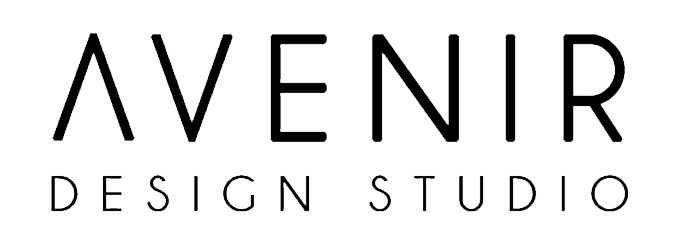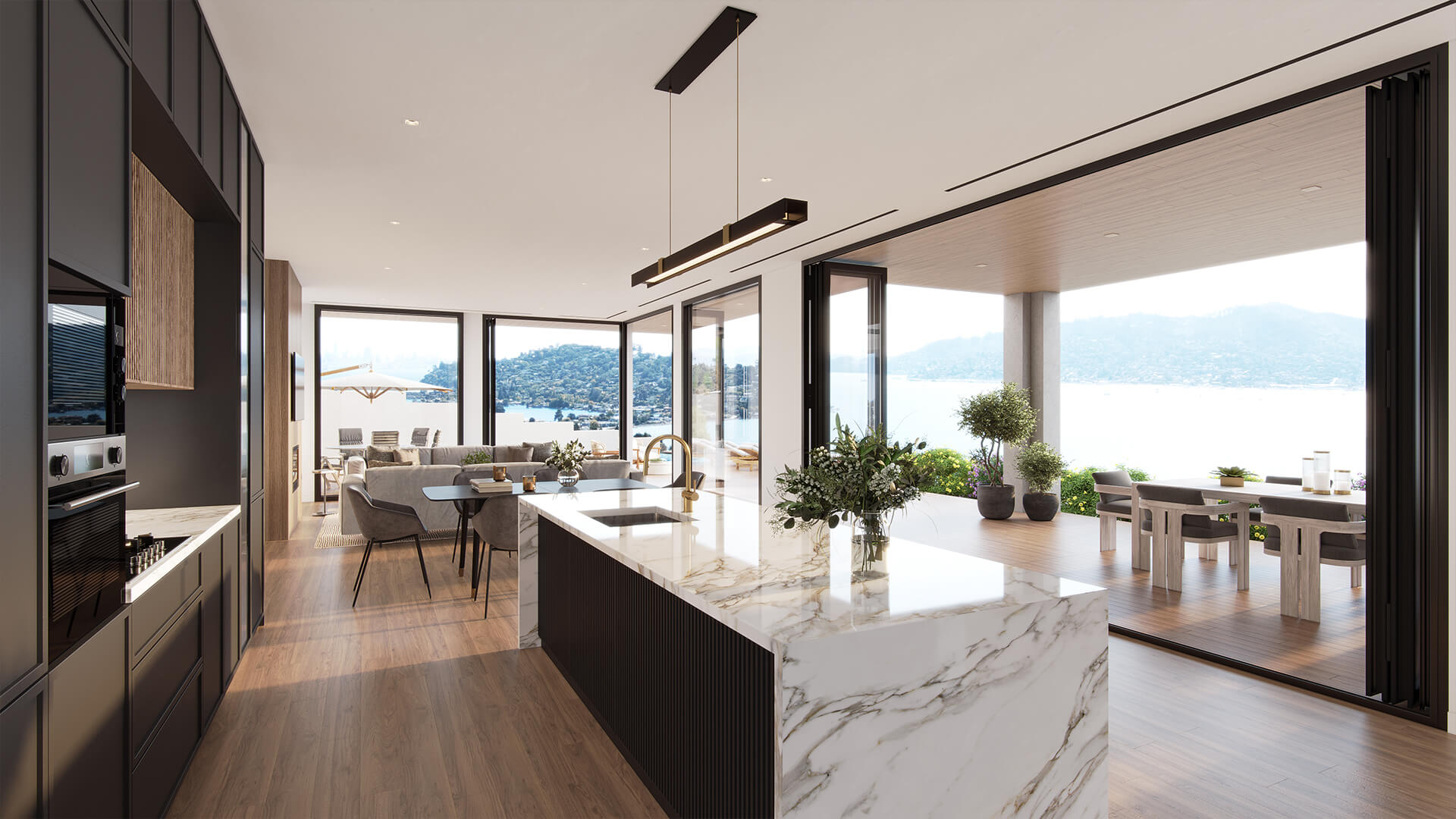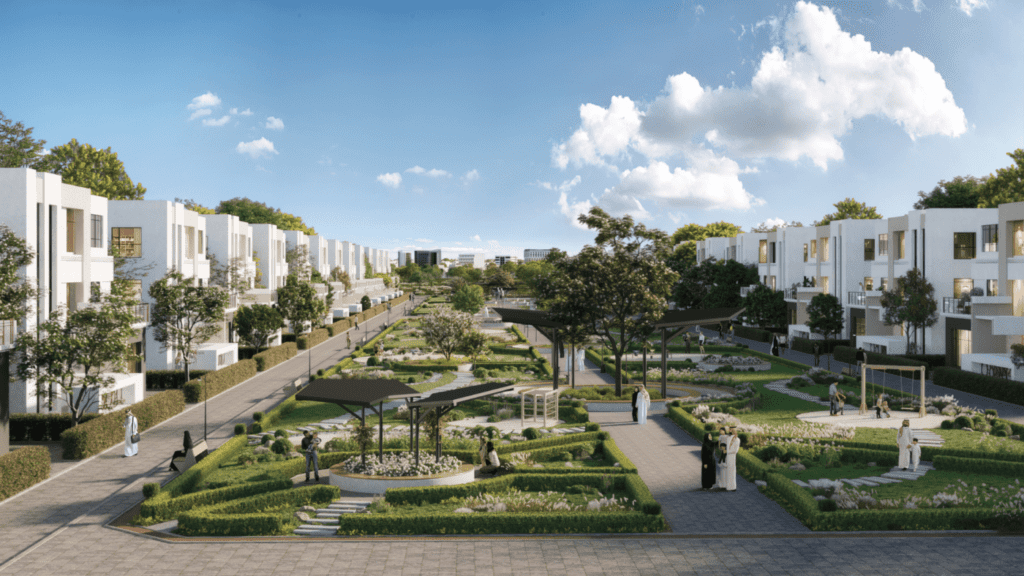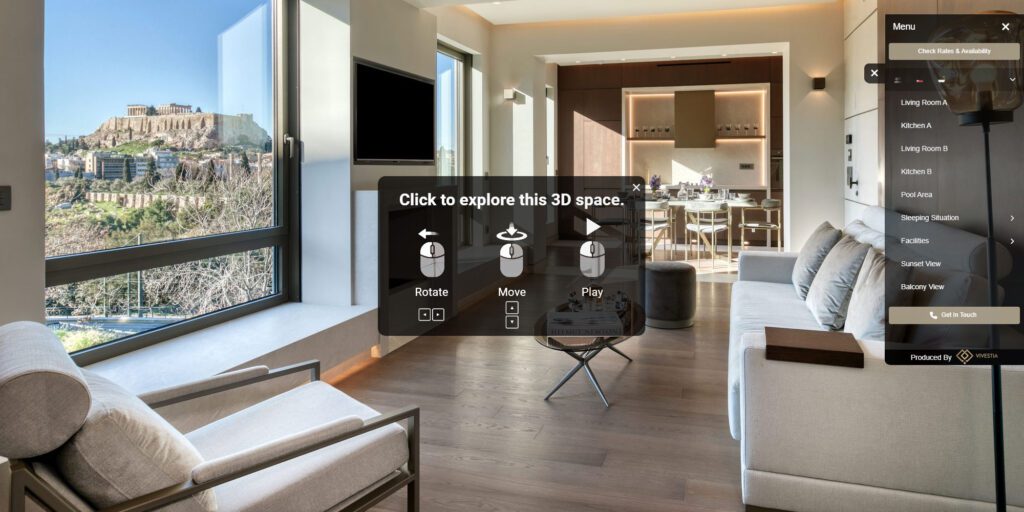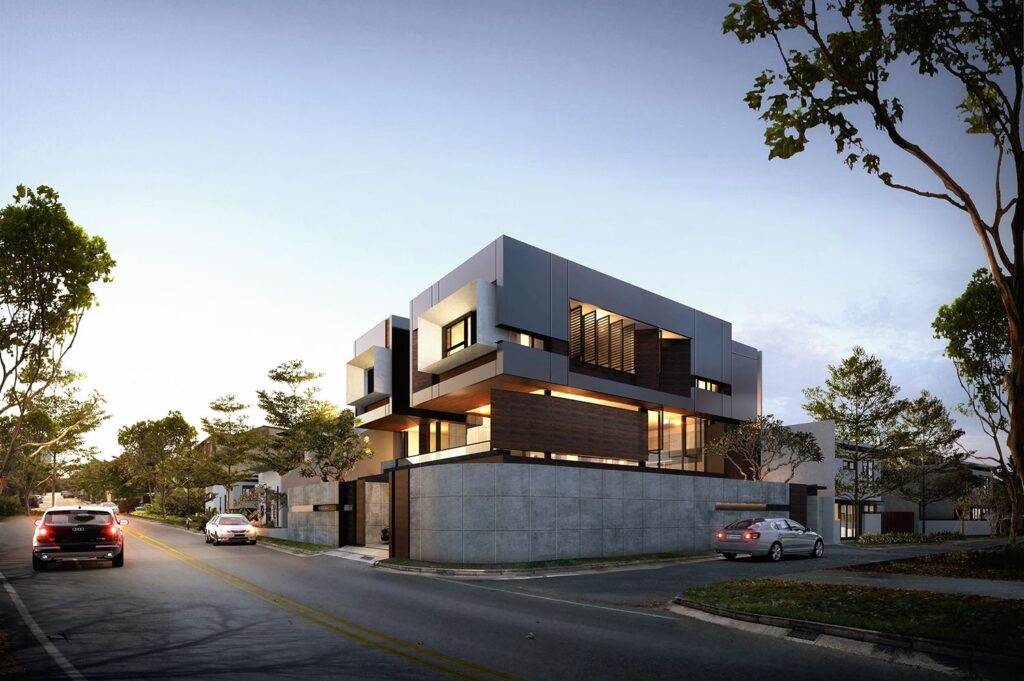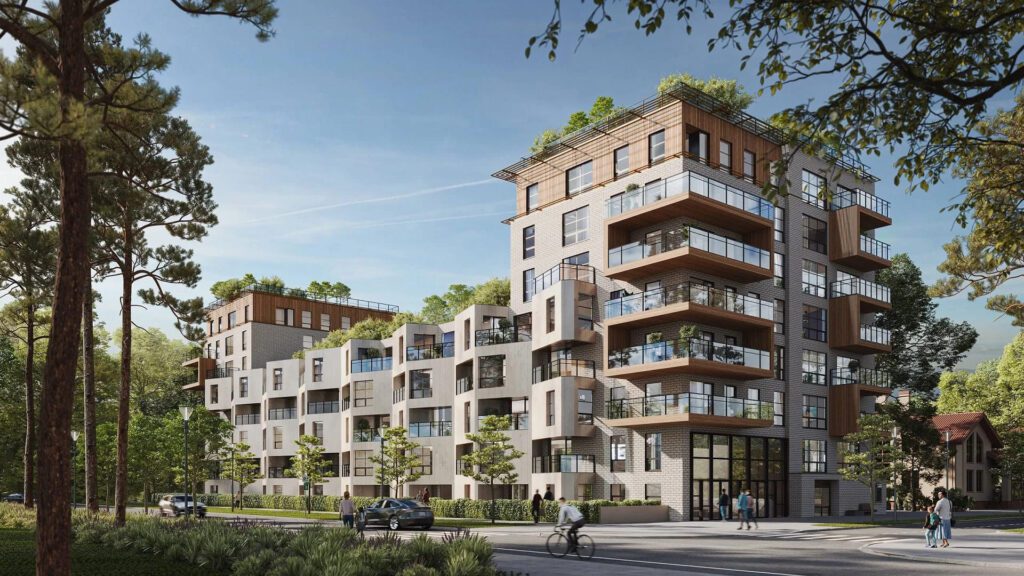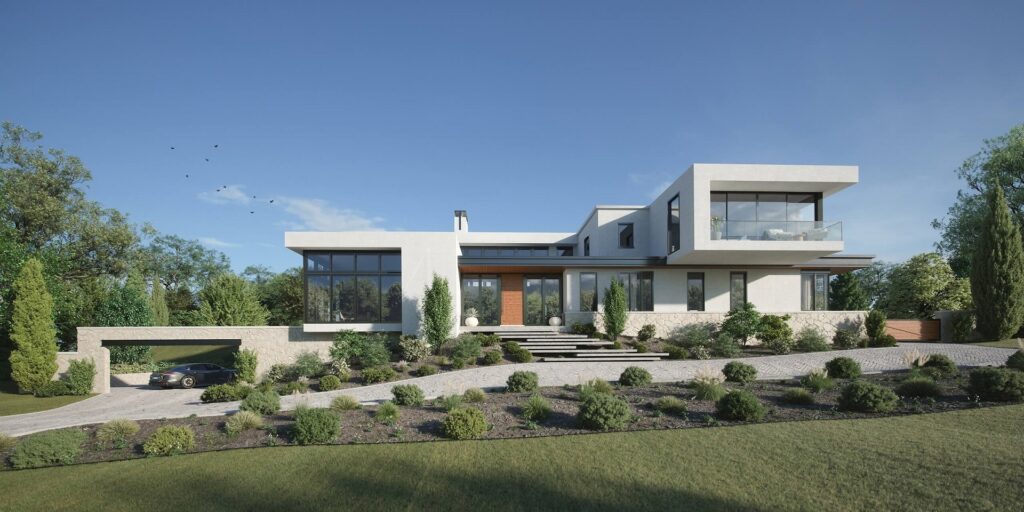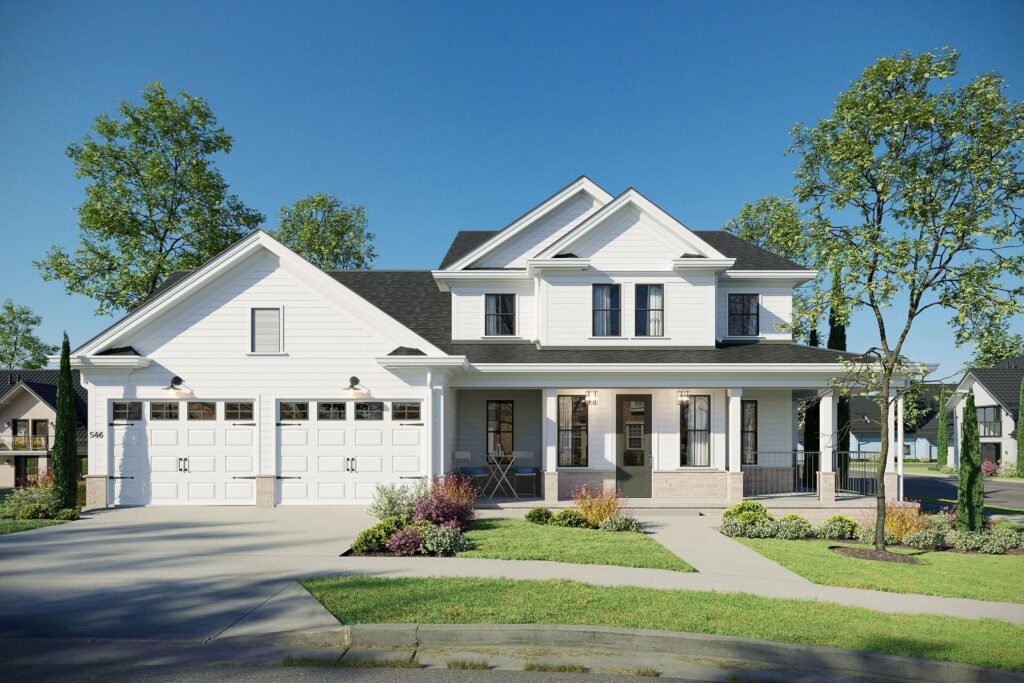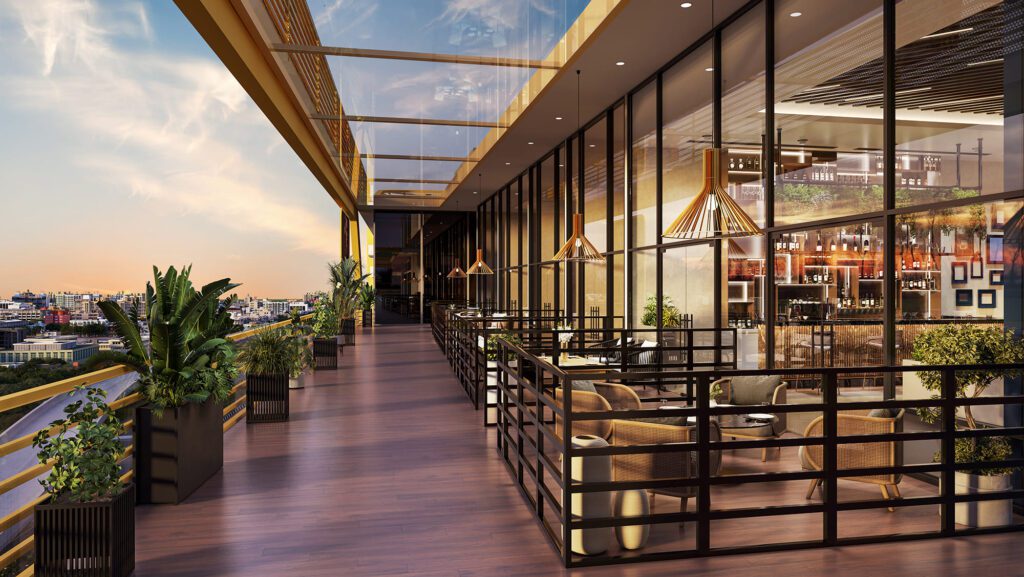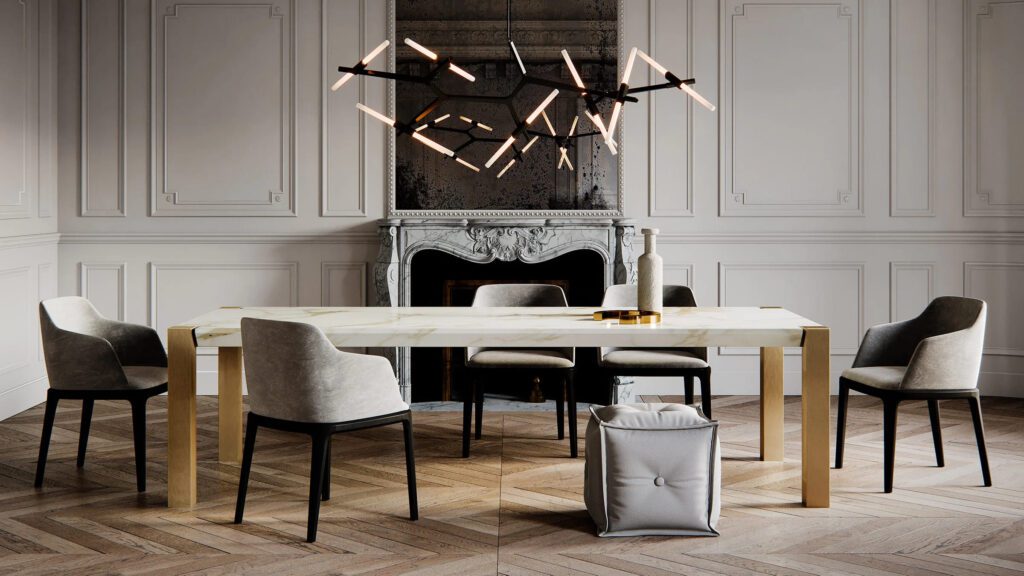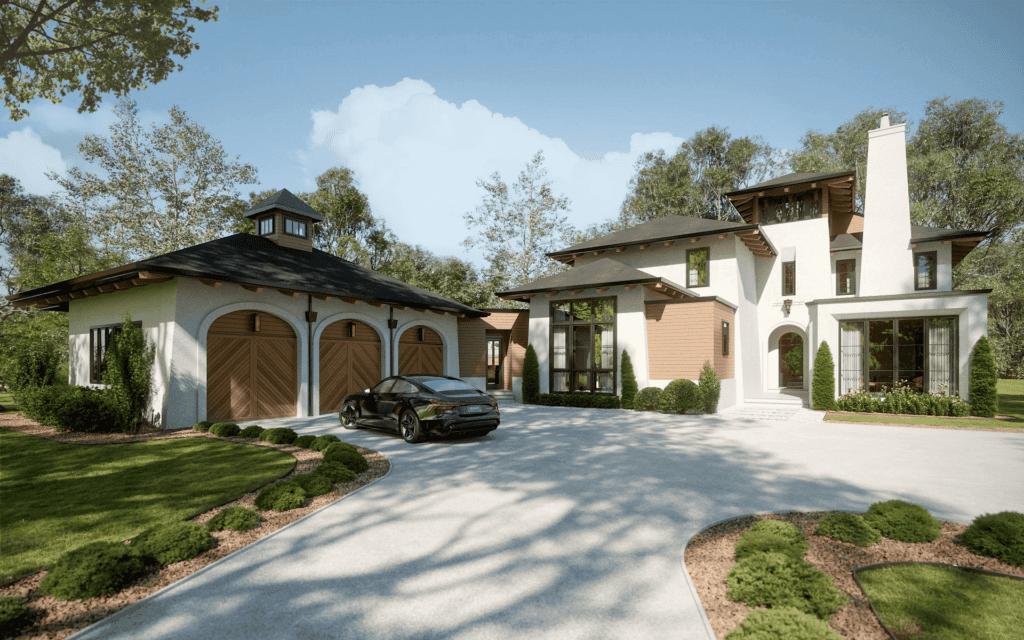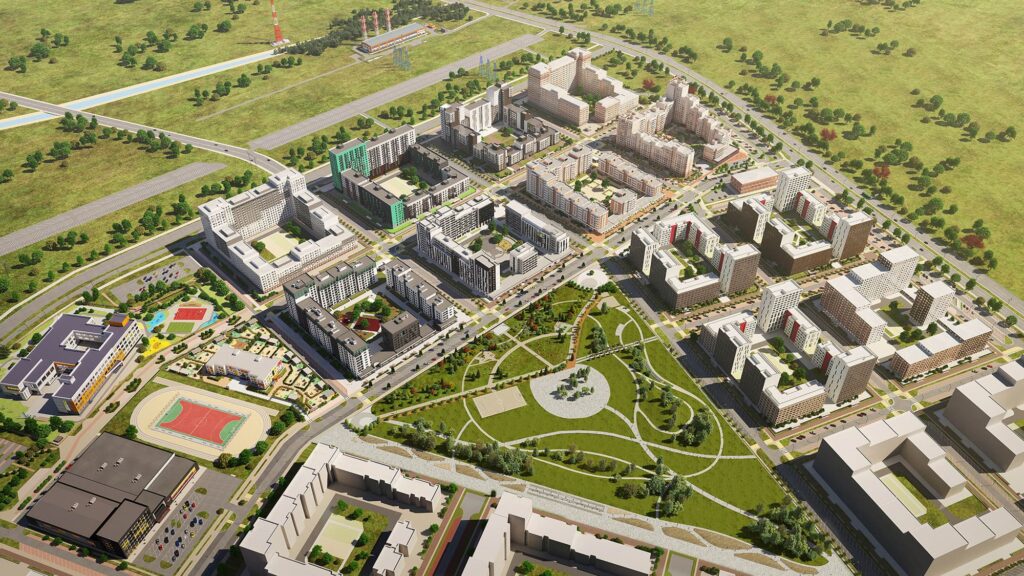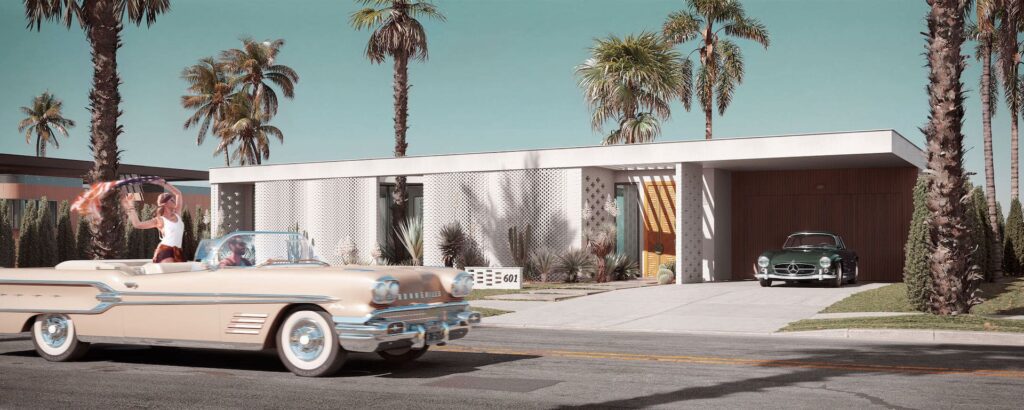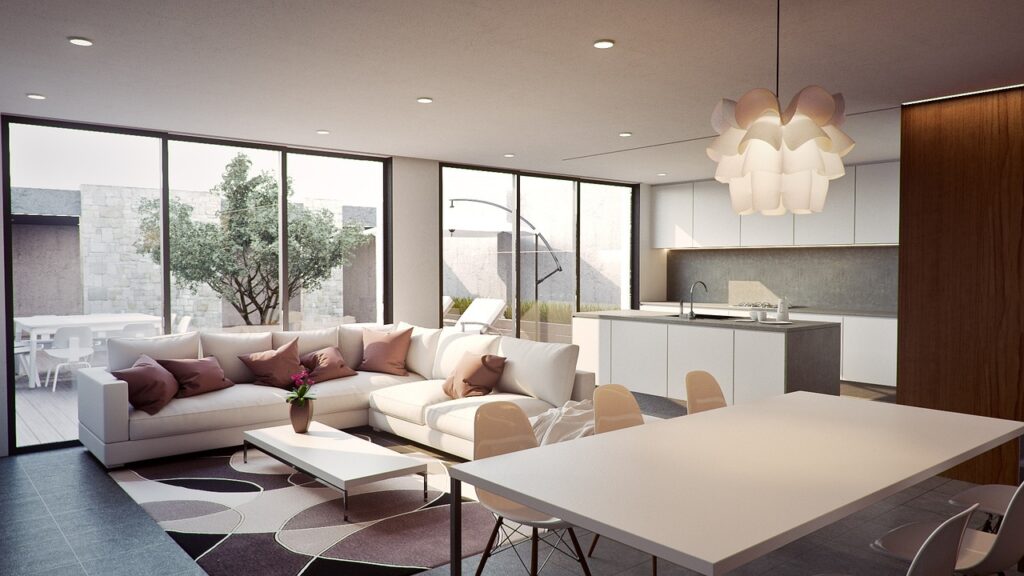Interior renderings are a powerful tool for architects, designers, and real estate agents, offering a captivating glimpse into potential spaces. However, the cost of these high-quality visuals can vary significantly. Understanding the factors that influence pricing is crucial for setting realistic budgets and managing expectations.
Here are ten key elements that determine the final cost of your interior rendering project:
1. Rendering Style & Complexity
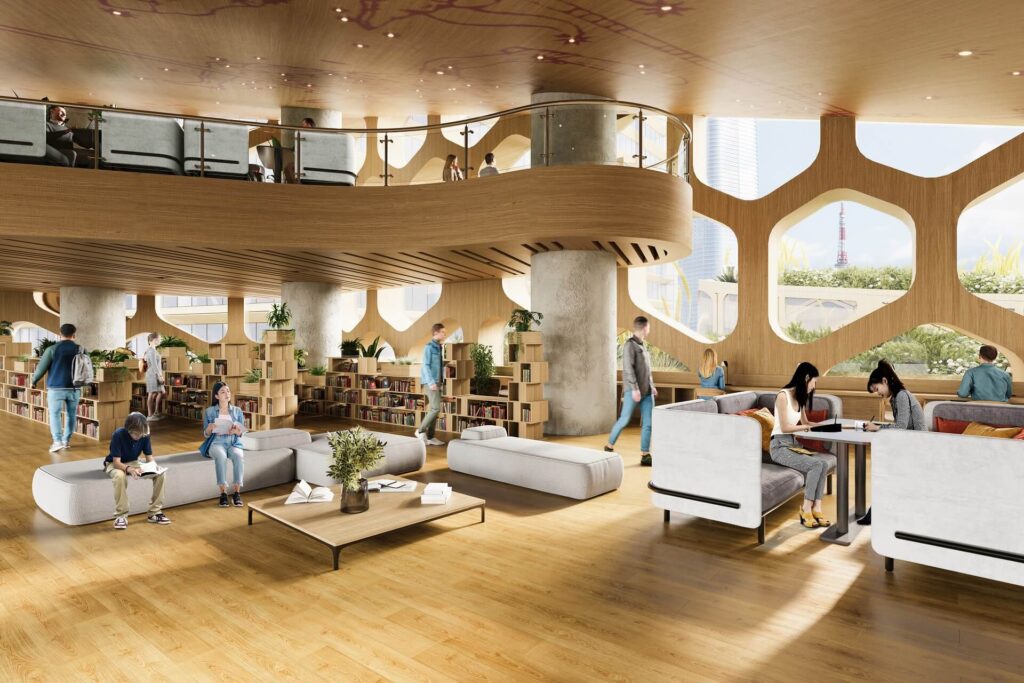

Simple, photorealistic renderings generally cost less than complex architectural visualizations that incorporate intricate details, advanced lighting techniques, and post-processing effects. Highly stylized renderings, such as those with hand-drawn elements or unusual artistic choices, also tend to command higher prices.
2. Software & Expertise
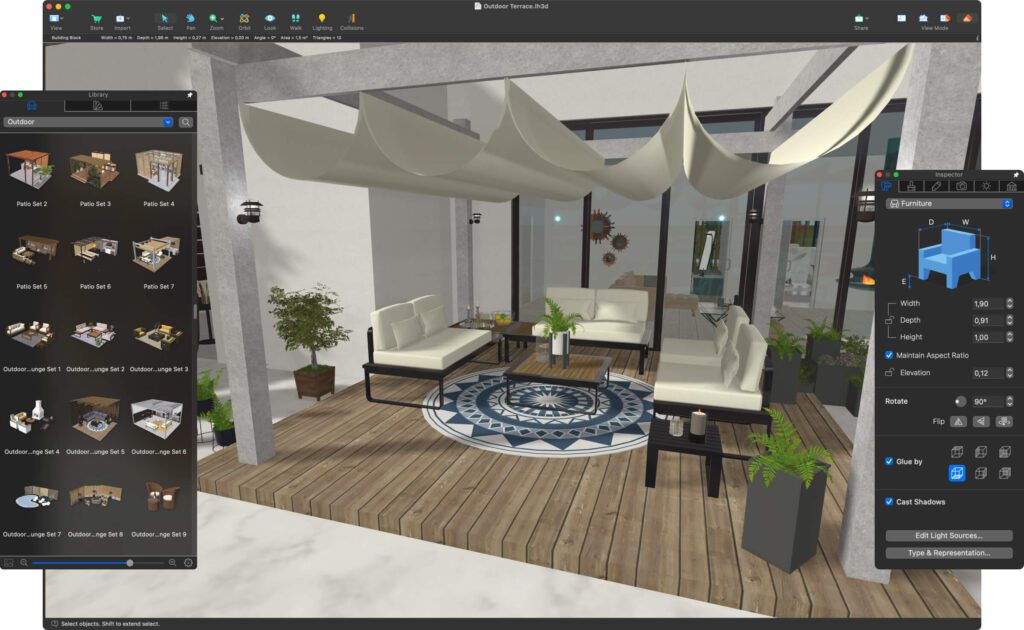

The software used and the skill level of the renderer significantly impact the cost. Advanced software packages often require specialized training and expertise, leading to higher fees. The renderer’s experience and portfolio are also key indicators of their pricing.
3. Level of Detail
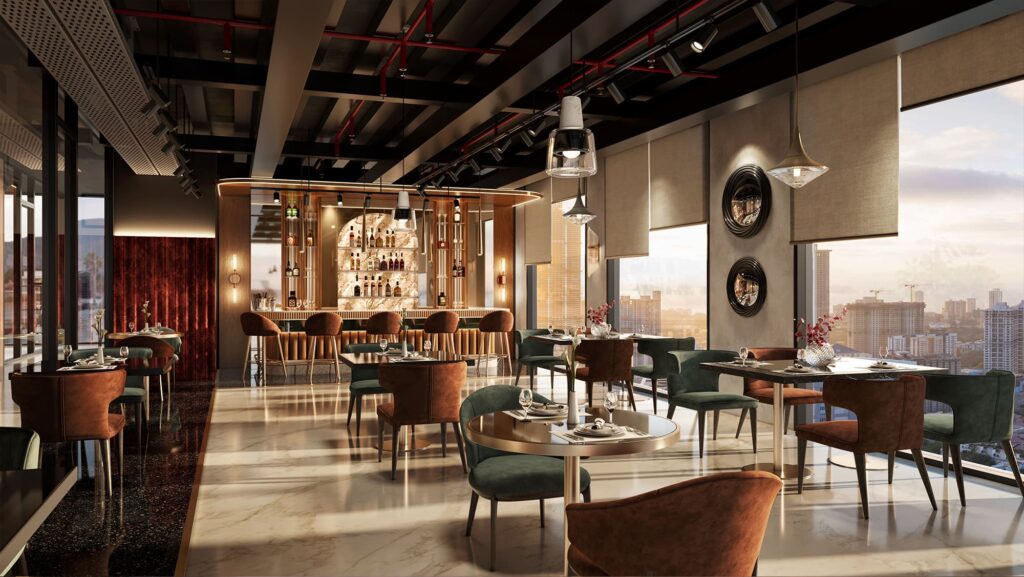

The level of detail required in the rendering directly impacts the time and effort involved. High-resolution renderings with intricate textures, furniture, and accessories necessitate more work and, consequently, higher costs. Simple representations with less detailed elements will be more affordable.
4. Number of Views & Perspectives
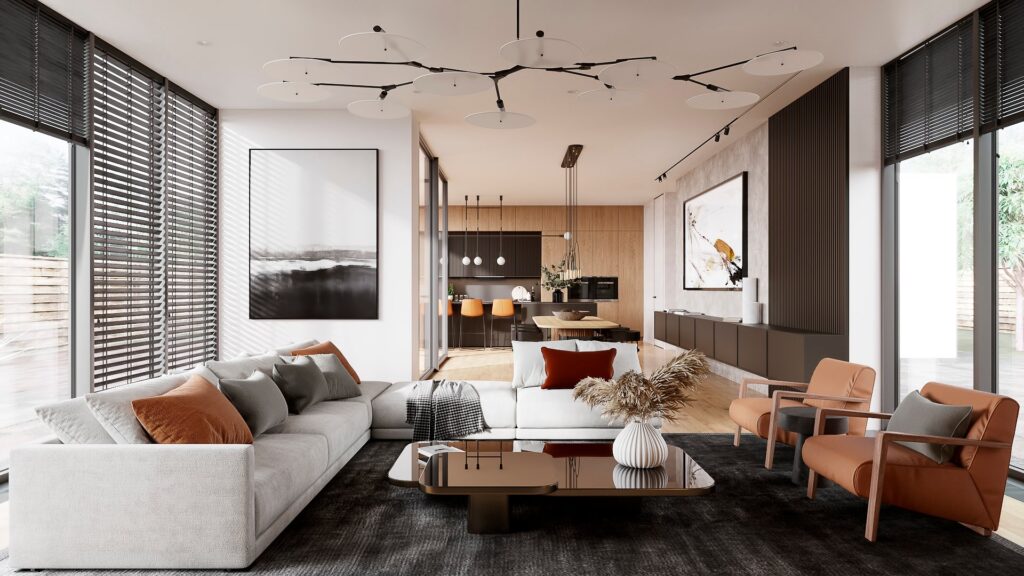

The more views and perspectives required (e.g., different angles, floor plans, exterior shots), the higher the overall cost. Each additional perspective requires additional modeling, texturing, lighting, and rendering time.
5. Revisions & Feedback Cycles
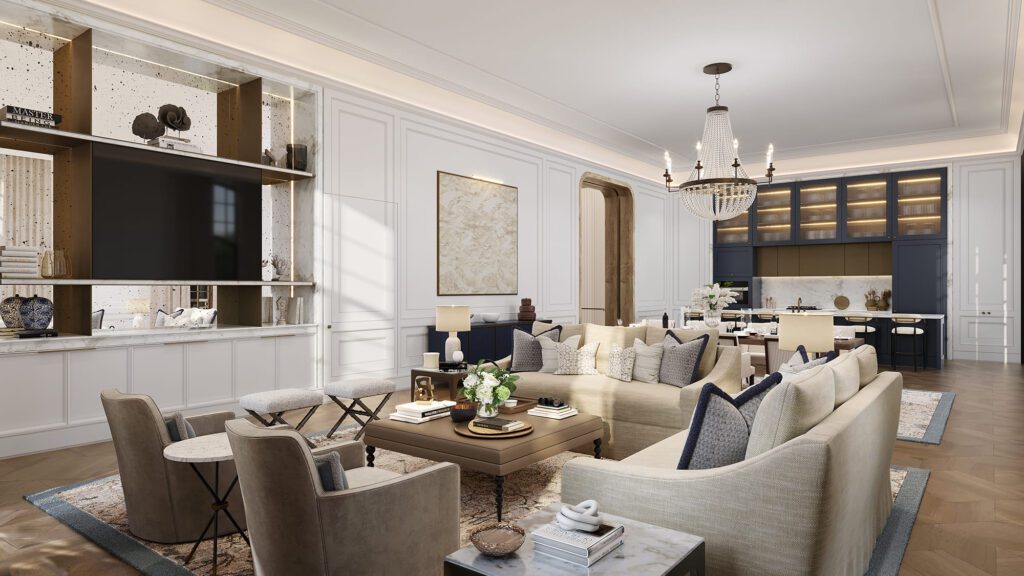

The number of revisions and feedback cycles significantly influences the final price. Unlimited revisions are often more expensive than a limited number, reflecting the additional time and effort spent incorporating client feedback.
6. Project Size & Scope
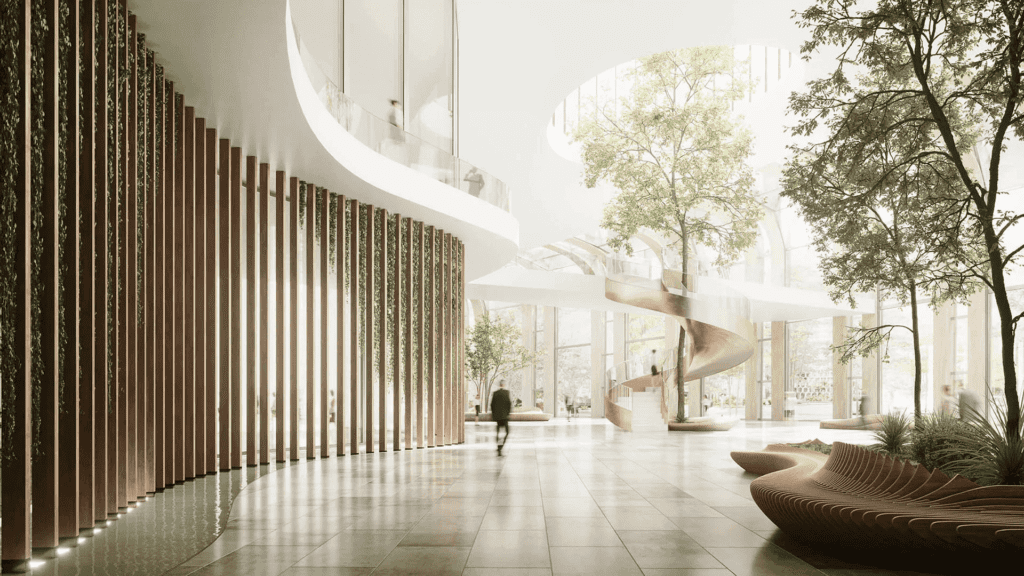

Larger projects with multiple rooms, buildings, or environments will naturally cost more than smaller, more focused projects. The complexity of the architecture and the amount of space to be rendered directly impacts the time investment.
7. Post-Production & Editing
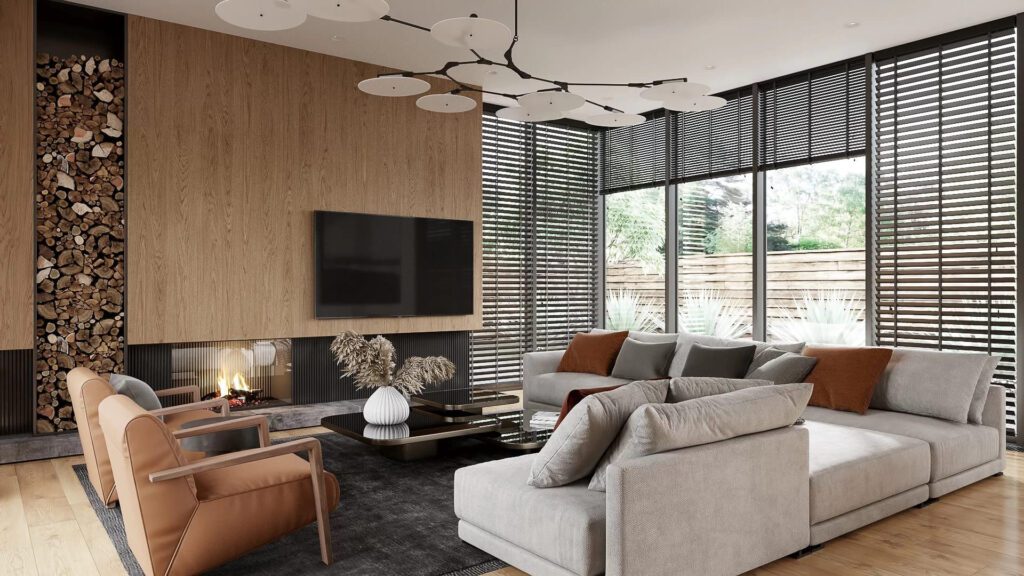

Post-production work, such as color correction, image enhancement, and compositing, adds to the overall interior rendering cost. The extent of post-production required will vary depending on the desired final look.
8. Turnaround Time
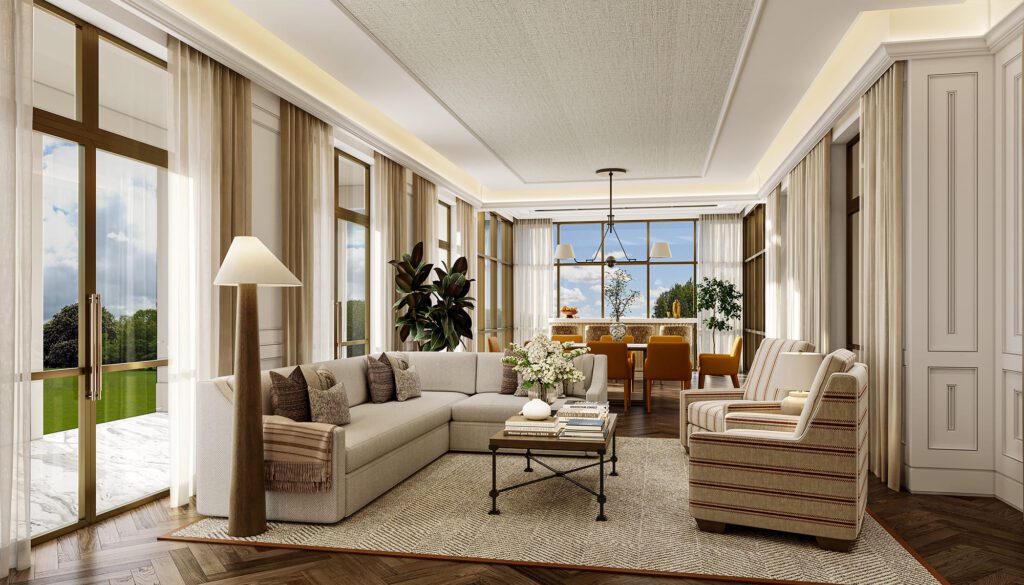

Renders needed urgently often come with a premium. Faster turnaround times require the renderer to dedicate more resources and potentially work overtime, driving up the cost.
9. 3D Model Availability
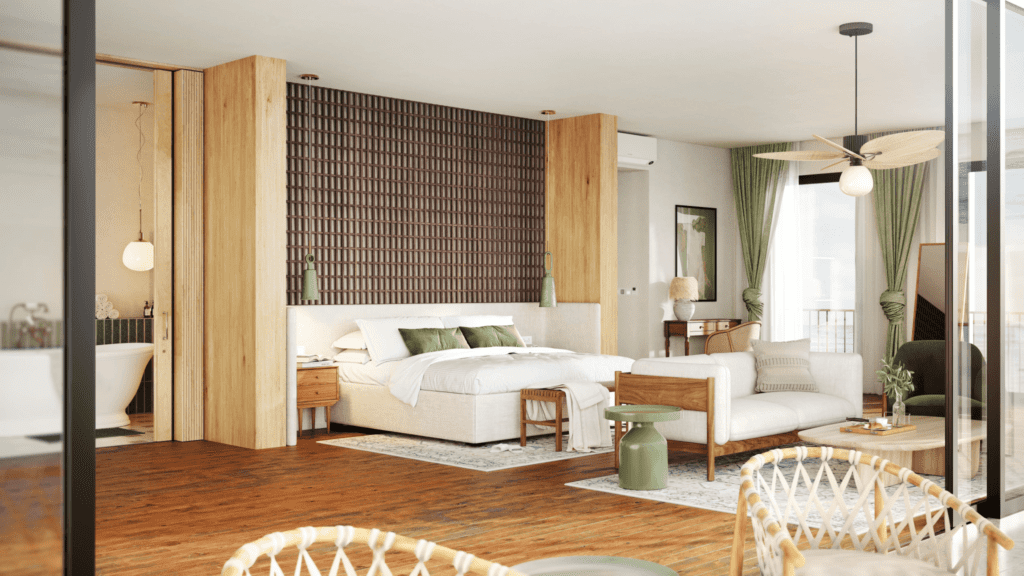

If you provide a pre-existing 3D model, the cost will typically be lower compared to situations where the renderer needs to create the model from scratch. The complexity of the existing model will also play a role.
10. Add-ons & Extras
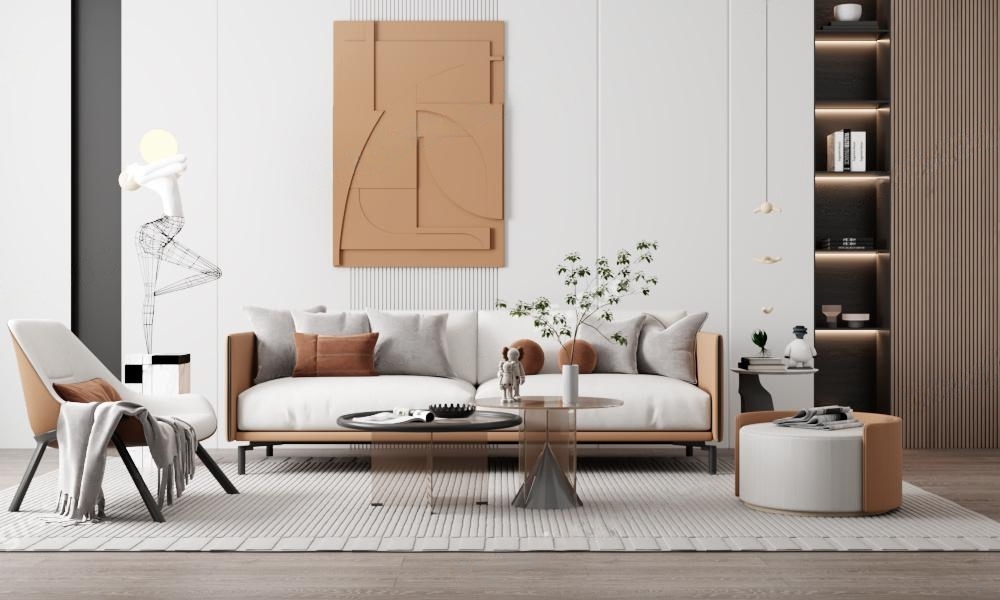

Additional services such as animations, virtual tours, or 360° panoramas will increase the total cost. These features add significantly to the project’s scope and time commitment.
By considering these factors, you can better understand the pricing structure of interior renderings and make informed decisions that fit your budget and project requirements. Remember to communicate your vision clearly with your renderer and obtain detailed quotes before commencing the project.
Avenir Design Studio
Avenir Design Studio is a premier 3D rendering company known for its expertise in creating stunning visualizations. Specializing in architectural rendering, they bring projects to life with precision and creativity. With a focus on quality and innovation, Avenir Design Studio is a trusted partner for immersive design solutions.
Looking for professional 3D interior rendering services to bring your design projects to life with high-quality CG visuals? Reach out to Avenir Design Studio, where we specialize in turning your visions into stunning reality.
